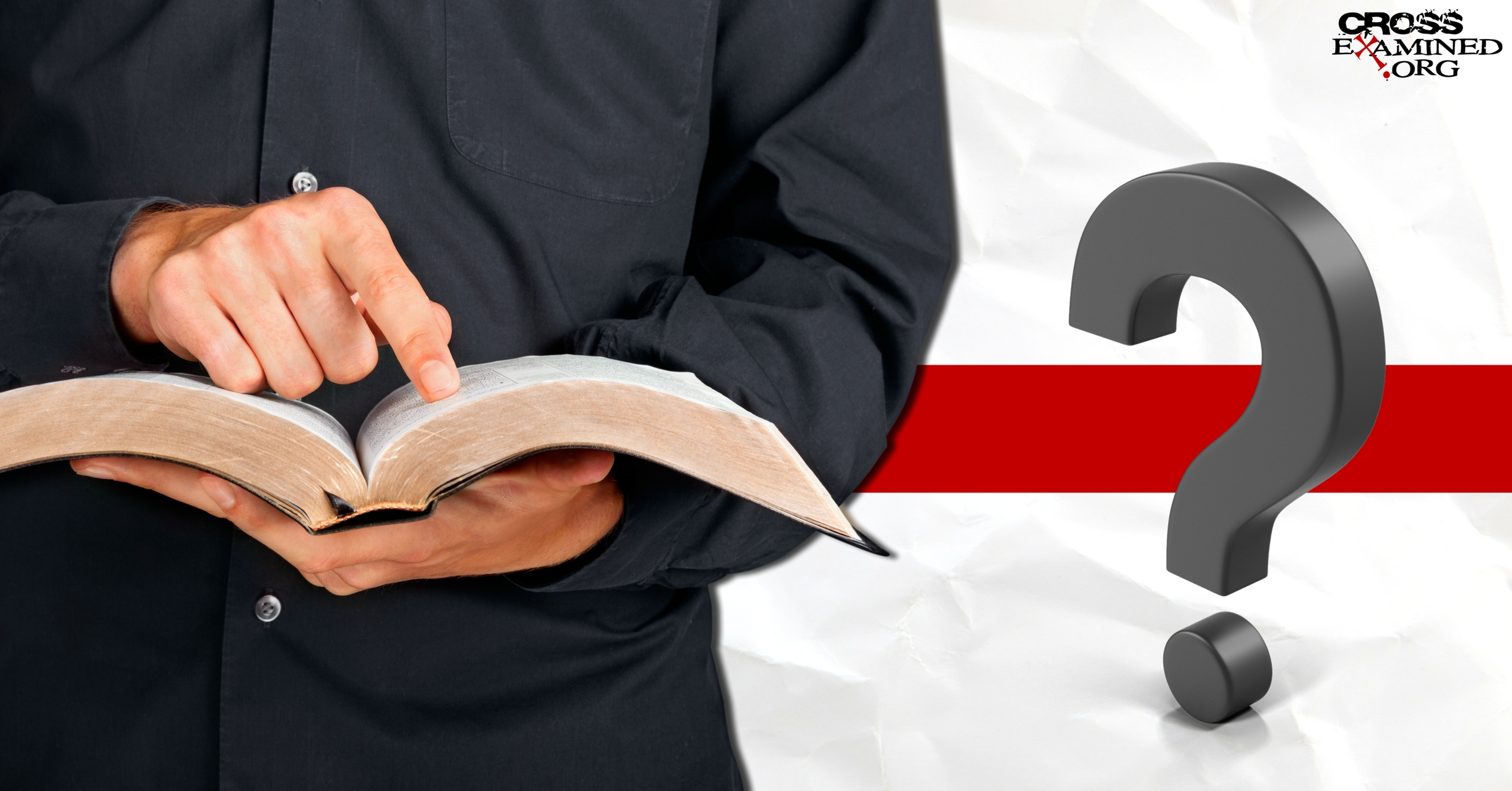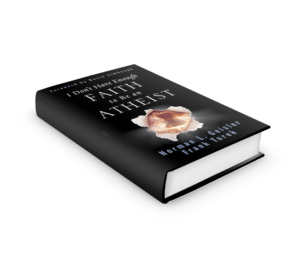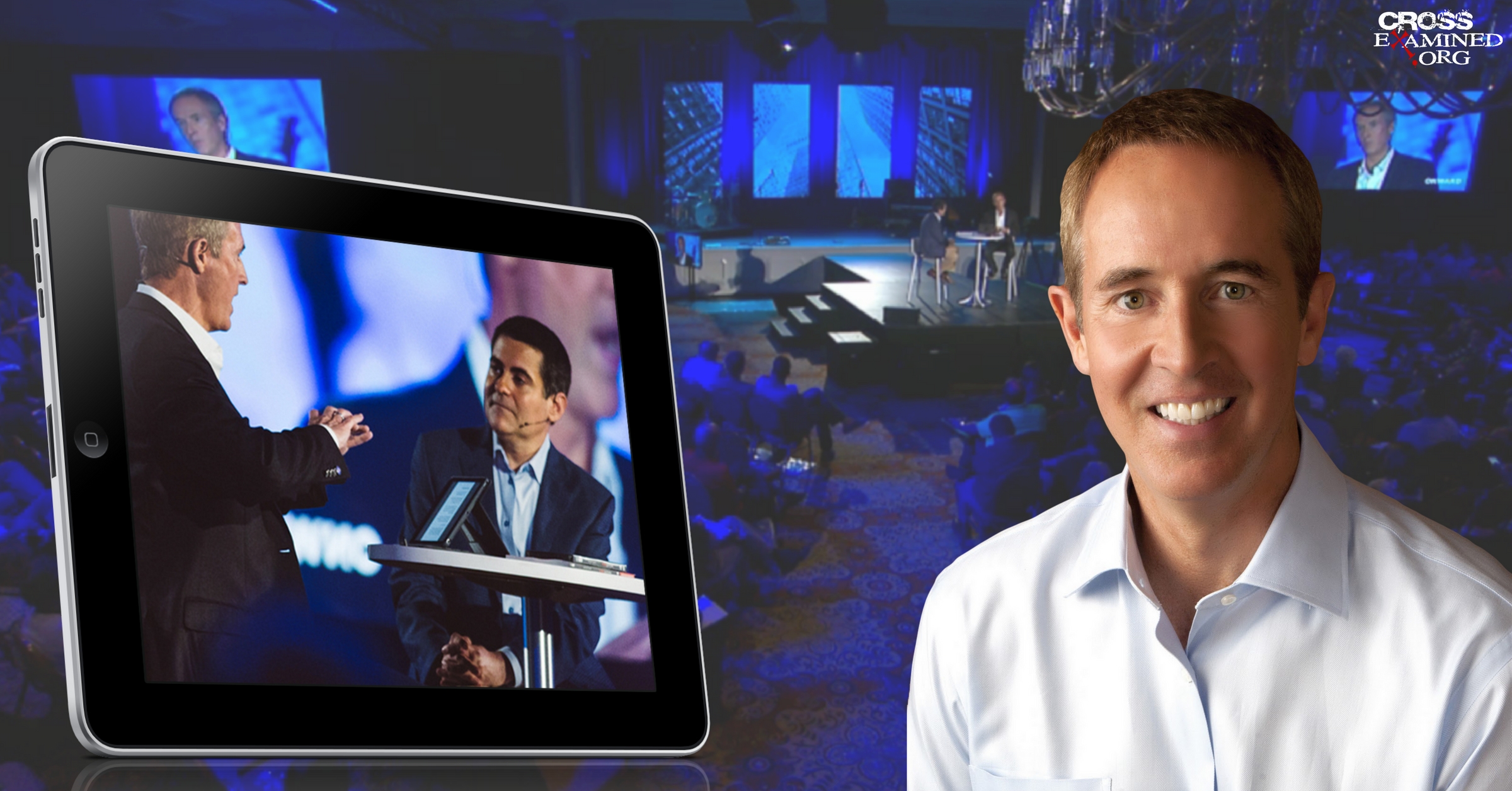In 2004 I began to pursue an MA in Christian Apologetics at Southern Evangelical Seminary. I didn’t really know much about the topic, I just really wanted to know how to defend the Christian faith and have a better justification for my own beliefs. I realized that Christians and non-Christians had debates about the veracity of the faith, but I had no idea Christians argued among themselves about how (and even if) apologetics should be done. There are certainly different views about whether or not, and how, apologetics should be done. This article will briefly describe various apologetic methods and will argue for the superiority of the classical method.
Various Methods
Classical Apologetics
Classical apologetics has been called a two-step method. The first step is to prove the existence of God via traditional theistic proofs (the various cosmological arguments, design arguments, ontological, etc.). This method holds to the possibility of natural theology—the ability for a reason to demonstrate God’s existence. This first step does not prove Christianity, only monotheism. The second step is to prove the veracity of Christianity by showing, for example (but not necessarily in this exact fashion), that miracles are possible, the Bible is reliable, Jesus claimed and proved himself to be God, etc. It is called the “classical” method because it has been the classical, traditional method used throughout the ages. Some proponents include Augustine, Anselm, Thomas Aquinas, William Paley, the Princetonians such as B. B. Warfield, Norman Geisler, and R. C. Sproul (among many others). Some good classical apologetics books would be Christian Apologetics by Norman Geisler, and I Don’t Have Enough Faith to be An Atheist by Frank Turek and Norman Geisler.
Evidential Apologetics
Evidential apologists avoid an attempt to demonstrate that God exists. Some do this because they don’t think natural theology is possible; others think it is simply easier to start with the biblical case. They jump straight to evidences for showing that Christianity is true from fields such as history and archaeology. To them, this bypasses difficult philosophical arguments and objections. People are ordinarily more prone to understanding history and the like. The thinking here is: if we can show the Bible to be reliable and that Jesus was raised from the dead, then a reasonable person will be convinced that Christianity is true. Such would include the existence of God. Proponents of this view, among others, are Joseph Butler, Josh McDowell, Gary Habermas, and Michael Licona. Some evidential apologetics works are The Case for the Resurrection of Jesus by Gary Habermas and Michael Licona and The New Evidence that Demands a Verdict by Josh McDowell.
Presuppositional Apologetics
Presuppositional apologetics is directly antithetical to classical apologetics as its adherents deny that we can reason to God’s existence. Presuppositional apologists argue that we must presuppose the truth of Christianity and show that every other worldview (and religion) is false. Presuppositionalists go so far as to say that one cannot reason at all (or given an account for their ability to reason) without Christianity being true. They claim that we should argue transcendentally, showing that rationality itself presupposes Christianity and that any worldview other than Christianity fails. Well-known presuppositionalist Greg Bahnsen said in his debate with R. C. Sproul that he couldn’t know his car was in the parking lot without presupposing the Triune God. In a debate I had with a presuppositionalist, I was challenged to give an account of how I can know the tree is outside my window without presupposing Christianity to be true. Those who hold to this method argue that we should argue for Christianity based on the impossibility of the contrary. In other words, since other worldviews and religions are shown to be false, Christianity must be true. Proponents of this method include Cornelius Van Til, Greg Bahnsen, Gordon Clark, John Frame, and K. Scott Oliphant. Presuppositional works include Christian Apologetics by Cornelius Van Til and Presuppositional Apologetics: Stated and Defended by Greg Bahnsen.
Cumulative Case Apologetics
Some apologists say we should take the best of all of these methods and use a cumulative case approach. That is, we should take the best arguments from each method and use them in a big picture approach. Paul Feinberg takes this position in Five Views on Apologetics. This is a good place to look for more information on this view.
The Superiority of Classical Apologetics
With this brief overview, one may wonder which method is best, or if we should just go along with the cumulative case and take all the good stuff from each model. At this point, I am going to argue for the superiority of the classical method.
First, the Bible says that we can know about God through nature. Paul says this in Romans 1:19-20:
For the wrath of God is revealed from heaven against all ungodliness and unrighteousness of men, who by their unrighteousness suppress the truth. 19For what can be known about God is plain to them because God has shown it to them. 20 For his invisible attributes, namely, his eternal power and divine nature, have been clearly perceived, ever since the creation of the world, in the things that have been made.
Thus, not only can we know God exists from nature, we can have some idea of what he is like. If God can be known via nature, then it is at least possible that such knowledge can be put in the form of a logical argument. The only question that remains is, “Are the arguments sound?” Well, that is another question, but it would seem that such is at least possible from a biblical point of view. Thus, it is hard to see how one could argue that the Bible does not allow for natural theology.
Further, it does seem that many of the theistic arguments are indeed sound from a rational point of view. For example, if the universe is contingent and cannot account for its own existence, and one cause leading to an effect cannot go on to infinity, then it seems that we must at some point arrive at a cause that is not contingent, but necessary. Such would be God.
Second, classical apologetics actually starts one step before arguing for God: it starts with knowing reality and the absolute nature of truth. In an age of relativism, we must answer objections such as, “Well, that may be true for you, but it’s not for me.” Further, classical apologetics deals with basic philosophical issues of metaphysics (the nature of reality) and epistemology (how we know reality) in a more robust and intentional way than do the other methods.
Third, classical apologetics puts evidences for Christianity in a theistic context. As Norman Geisler is apt to say, “There can’t be acts of God unless there is a God who can act.” Further, as C. S. Lewis has said, if God exists, then we cannot deny the possibility of miracles. Establishing the existence of God before moving onto miracles helps make more sense of the data. Also, miracles are signs of something. They were not just wonders; they demonstrated or pointed to something. For example, the miracles that Jesus performed showed that he was who he claimed he was. As Nicodemus said, only someone with the power of God could do the works that he did. Finally, as silly is it might sound, someone could claim that events such as the resurrection could have been performed in some superhuman say, such as by aliens. I know that’s ridiculous, but it is an objection that has to be overcome if God’s existence hasn’t been established. In short, the evidences for the Bible and Christianity are there, but they make more sense and are more powerful after they are put in a theistic context.
Fourth, presuppositional apologetics has many problems. It is admitted even by presuppositionalists that their position is circular. However, they argue that all views are circular. For example, they say the notion that we cannot help but use reason is circular since any attempt to deny that position would require the use of reason. However, such is not a circular problem, it is merely undeniable that reason is unavoidable in discussions or arguments. One is not using reason to prove reason; he is simply saying that it is unavoidable and undeniable. However, assuming a position to be true and then from that position to prove it is the definition of circularity. Also, arguing that we can show Christianity to be true based on the impossibility of the contrary is simply wrong. Contrariety is a logical relationship between statements. Thus, when we talk about statements being contrary, we are talking about the nature of logic. Statements (and only statements) are contrary when they can both be false but not both be true. For example, the statements “Christianity is true” and “Atheism is true” are contrary since they can both logically be false. But since they can both be false, we could never show the truth of Christianity by showing the falsity of its contraries. Further, the alleged transcendental argument for full-blown Christianity has never been articulated, let alone defended. Believe me, if there is an argument that guarantees I win no matter what… I want it. Unfortunately, it doesn’t exist. No one has ever given it. Bahnsen was given several opportunities in his debate with Sproul, but could not do it.
So why not just take the best parts of all the methods and use a cumulative case approach? Because the best parts of each method are already inherent in the classical model. The classical model is more comprehensive than the others, puts miracles and evidences in a theistic context, and avoids the problems of presuppositionalism. Thus, classical apologetics is the strongest, most comprehensive model.
Works on apologetic systems include: Faith Has Its Reasons: Integrative Approaches to Defending the Christian Faith by Ken Boa and Robert Bowman (this is my favorite) and Five Views on Apologetics.
J. Brian Huffling, PH.D. have a BA in History from Lee University, an MA in (3 majors) Apologetics, Philosophy, and Biblical Studies from Southern Evangelical Seminary (SES), and a Ph.D. in Philosophy of Religion from SES. He is the Director of the Ph.D. Program and Associate Professor of Philosophy and Theology at SES. He also teaches courses for Apologia Online Academy. He has previously taught at The Art Institute of Charlotte. He has served in the Marines, Navy, and is currently a reserve chaplain in the Air Force at Maxwell Air Force Base. His hobbies include golf, backyard astronomy, martial arts, and guitar.
Original Blog Source: http://bit.ly/2JWaz6P





